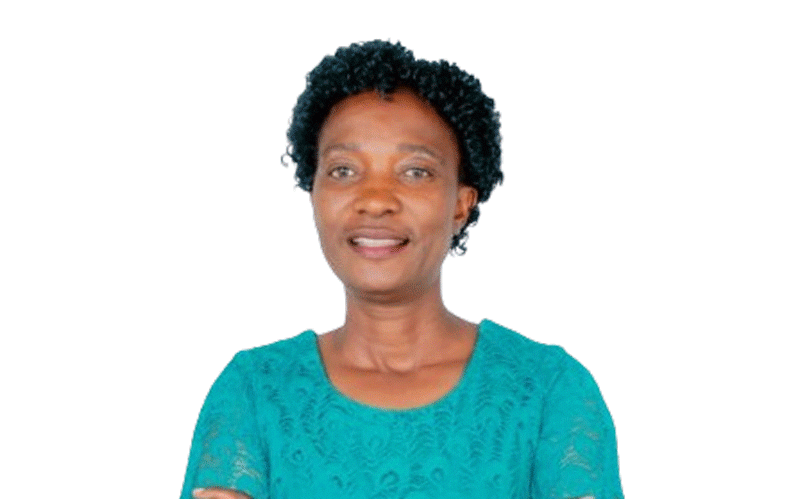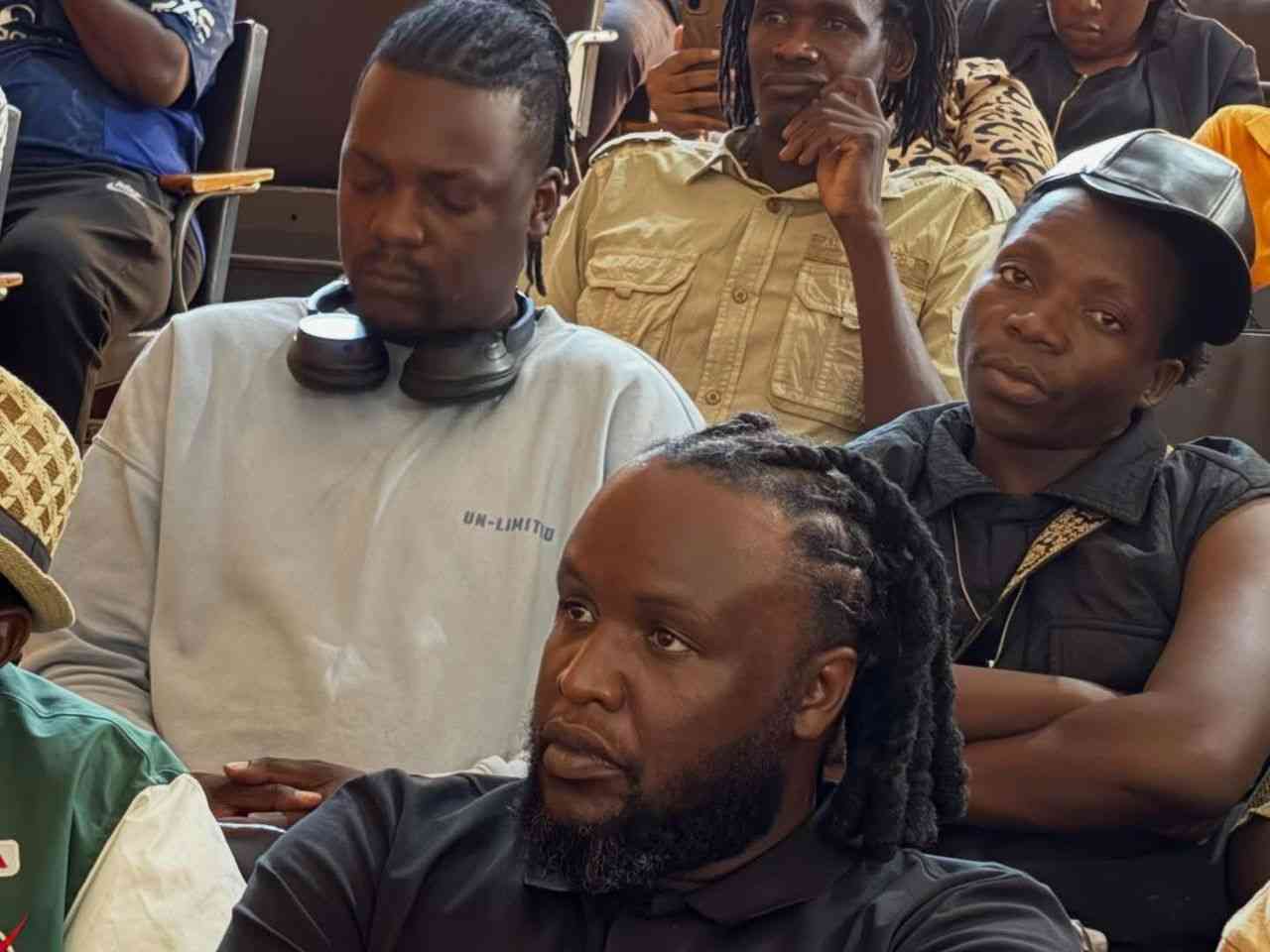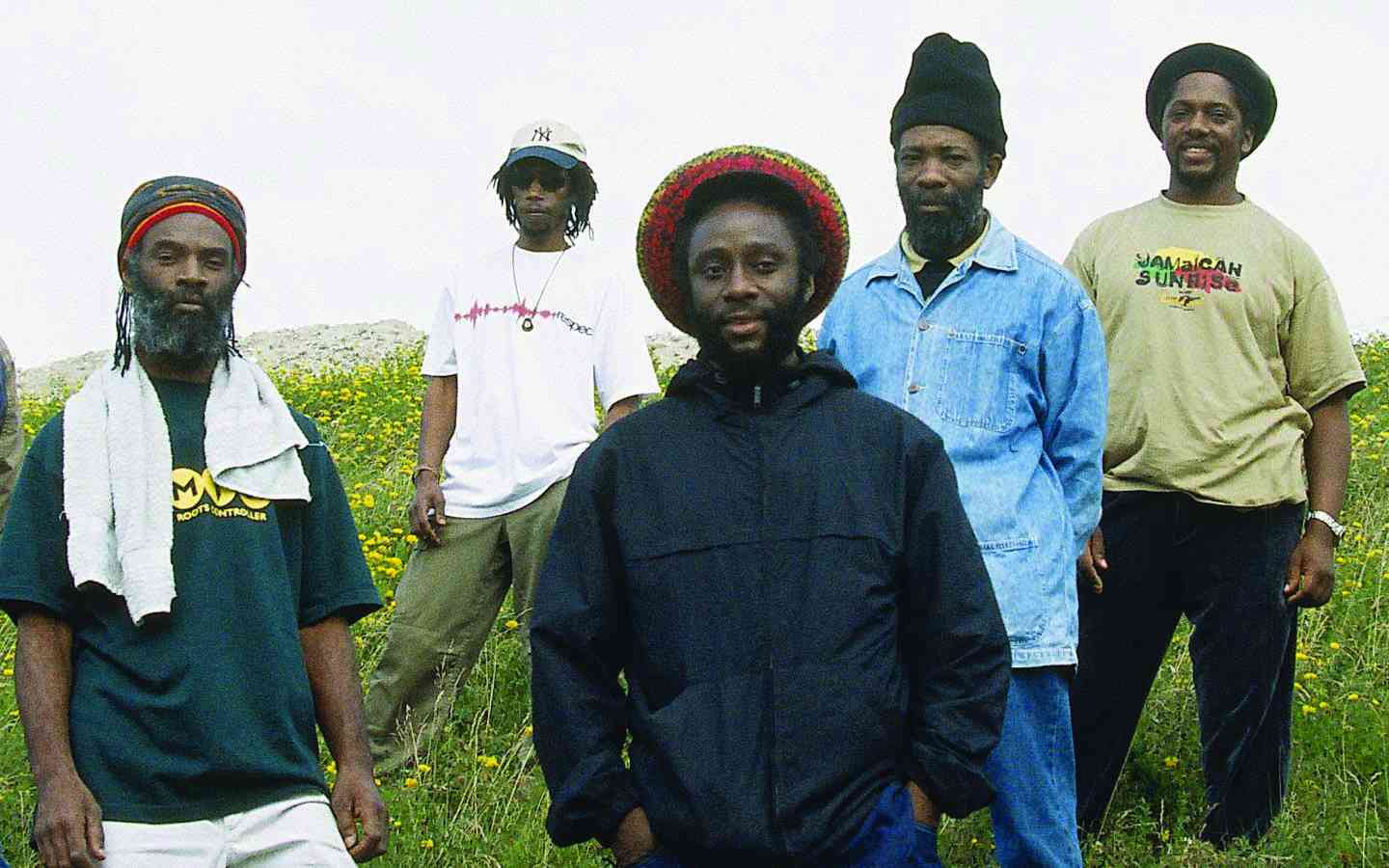
Low-profile gospel musician Rosemary “Mai” Mzezewa says passion, not money, should be the driving force behind venturing into the music industry.
She warned that many who enter the sector chasing financial rewards often leave heartbroken, citing challenges such as high production costs and demands for bribes from some radio DJs for airplay.
“The music industry looks glamorous from a distance, but the truth is, it’s tough. Recording and promoting music requires a serious budget. Without spending, you will just end up listening to your own music at home,” she said.
Mai Mzezewa, who has seven albums to her name, said lack of financial backing has silenced many talented artists. She added that airplay is difficult to secure without money, leaving many musicians bankrupt after investing heavily in production.
Although she has been singing in church for years, she only recently began reaching wider audiences. Her latest album — the first to be launched outside church settings — received positive feedback despite limited radio exposure.
“It’s every musician’s dream to be played on national radio, because that recognition speaks volumes. For me, the church has been my biggest support system. It accepted my music without conditions,” she said.
Despite bottlenecks in the industry, Mai Mzezewa has managed to break through in unique ways. Several of her songs were compiled in the Messianic Lemba Song Book by Jewish Voice Ministries in Zimbabwe, giving her work wide distribution through church networks.
Her journey began in 2001 when she first shared her music with friends and fellow congregants. Two years later, she released her debut album, inspired by her boarding school days where singing became a pastime in the late 1980s.
Now confident enough to stage family shows, she continues composing songs in Hebrew, Shona and English. Some of her notable tracks include Navavongwe, Tinetariro, Todah Rabah, Tariro and Muri Yahwe, the latter now available as a video on YouTube.
She has only featured once — on her son Taonashe Mzezewa’s 2024 song Zarura Moyo Wako.
“I was never a publicity person. Growing up, I read about public figures being dragged into scandals and I said to myself: that’s not the life I want. But with the nature of my music, I realised I could not hide forever,” she said.
For Mai Mzezewa, the message remains clear: music is a calling, not a business.











